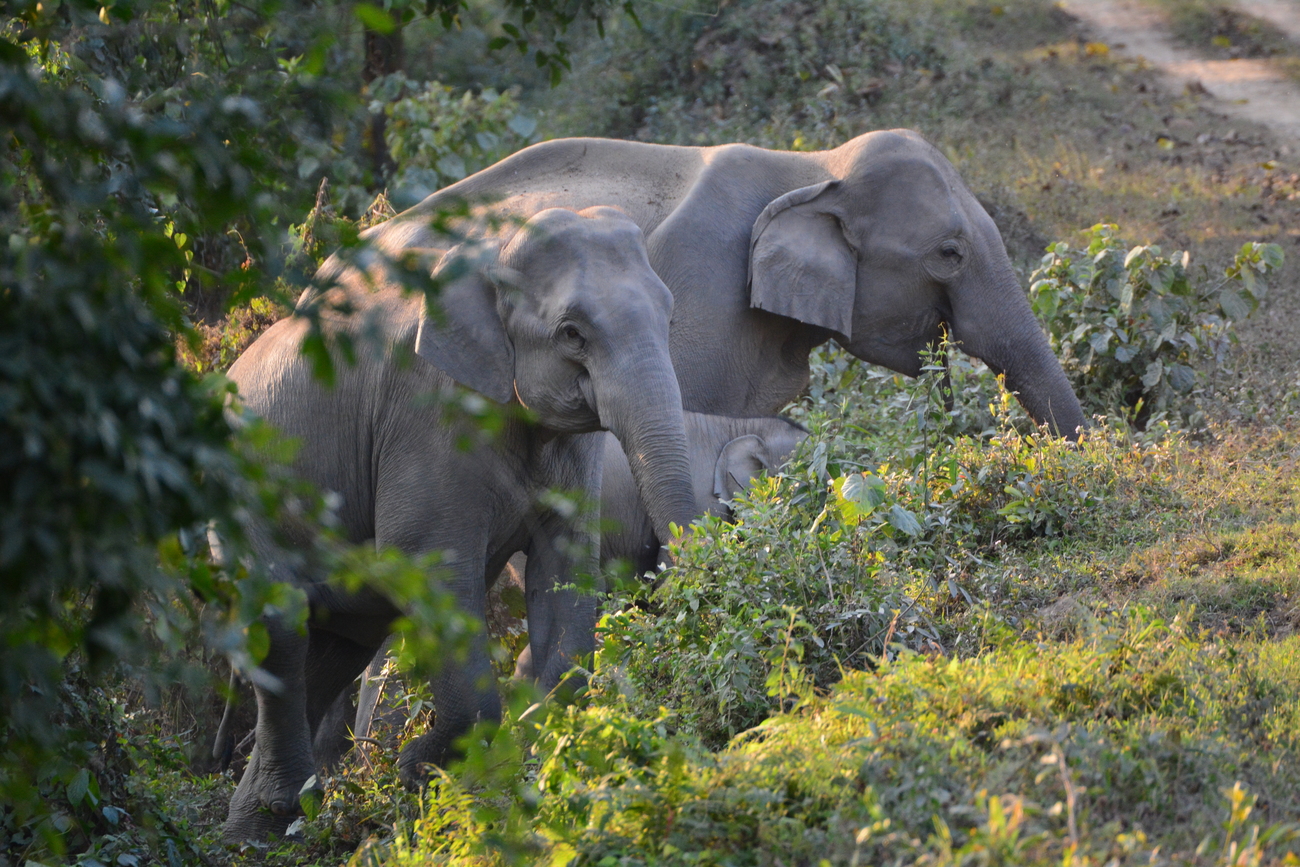Policy Conventions & Agreements - Global
Protection for wildlife & habitats is preserved in global agreementsnew protection hopes for migratory species
new protection hopes for migratory species

Animals don’t recognize international boundaries, and regulations to protect threatened species in one country don’t follow them when they cross into bordering nations.
To fix this problem, the Convention on the Conservation of Migratory Species of Wild Animals (CMS) meets every three years to ensure that countries whose wildlife contains threatened and endangered species work together to coordinate conservation measures— so migratory species are prioritised and protected - no matter which country they are in. Discussions at these meeting include whether additional species need to be managed under CMS, as well as continuing work to ensure that protections for species currently managed by CMS are being implemented effectively. More than 650 species of animals and their habitats are covered under this convention including the cheetah, the blue whale and the giraffe.
IFAW is a Cooperating Partner of CMS, which means that we participate in these discussions and provide our expertise and support to governments seeking to better manage threatened migratory species throughout their range.
Next week, IFAW is on the ground in Ghandinagar, India at the 13th Conference of the Parties to CMS (CoP13).
Key proposals at CMS CoP13 include those that would provide full protections for jaguars, the oceanic whitetip shark and Asian elephants.
Jaguars have lost more than 40% of their range in the last hundred years. This loss of habitat has led to increased concern for isolated jaguar populations that depend on the movement of individuals between populations and across international boundaries to maintain them. Inclusion of jaguars under CMS would encourage greater regional cooperation, particularly for the management of transboundary populations, maintenance or creation of key migratory corridors for isolated populations and prevent further jaguar habitat loss and population declines.
One of the most urgently needed decisions at this meeting is for oceanic whitetip sharks to be listed on Appendix I of the Convention - a listing that would prohibit the take of this species worldwide. A wide-ranging shark species, oceanic whitetip sharks used to be common in every ocean basin, but have been so overfished that more than 98% of populations have been lost. This proposal is designed to bolster existing protections and highlight the desperate plight of this species.
IFAW is also supporting efforts of host country India to include the Asian elephant in CMS. Numbering fewer than 50,000 wild animals, the plight of the Asian elephant is often overlooked in comparison to its African cousin. Outside the species strongholds in India, small and fragmented populations, many straddling international borders, struggle to survive in the other 12 Asian elephant range states. International cooperation between countries is critical for the survival of the species, and the hope is that inclusion in CMS will ultimately lead to an agreement between range states on conserving the Asian elephant.
In addition to lobbying for these species-specific listings, we are continuing our long-standing efforts to address conservation issues such as marine noise and bycatch and highlighting the need for additional cooperation to better protect cheetahs where we know there is significant illegal hunting and trafficking.
IFAW is also supporting CMS’ pioneering work on animal culture, looking at the implications of how animal culture within species populations can have profound impacts for the success of conservation measures, highlighting just how important individual animals are for conservation. Examples of this include whale song and communication, matriarchs in elephant society passing on knowledge to their herds and the use of tools by chimps being passed on to others. No other convention is currently looking at this issue in such a way and it aligns closely with IFAW’s approach.
We will be posting updates from the CMS conference, so be sure to follow our social channels or check back on the website throughout the week to hear the latest developments. You can read IFAW’s full recommendations to governments attending CMS here.
Related content
Every problem has a solution, every solution needs support.
The problems we face are urgent, complicated and resistant to change. Real solutions demand creativity, hard work and involvement from people like you.